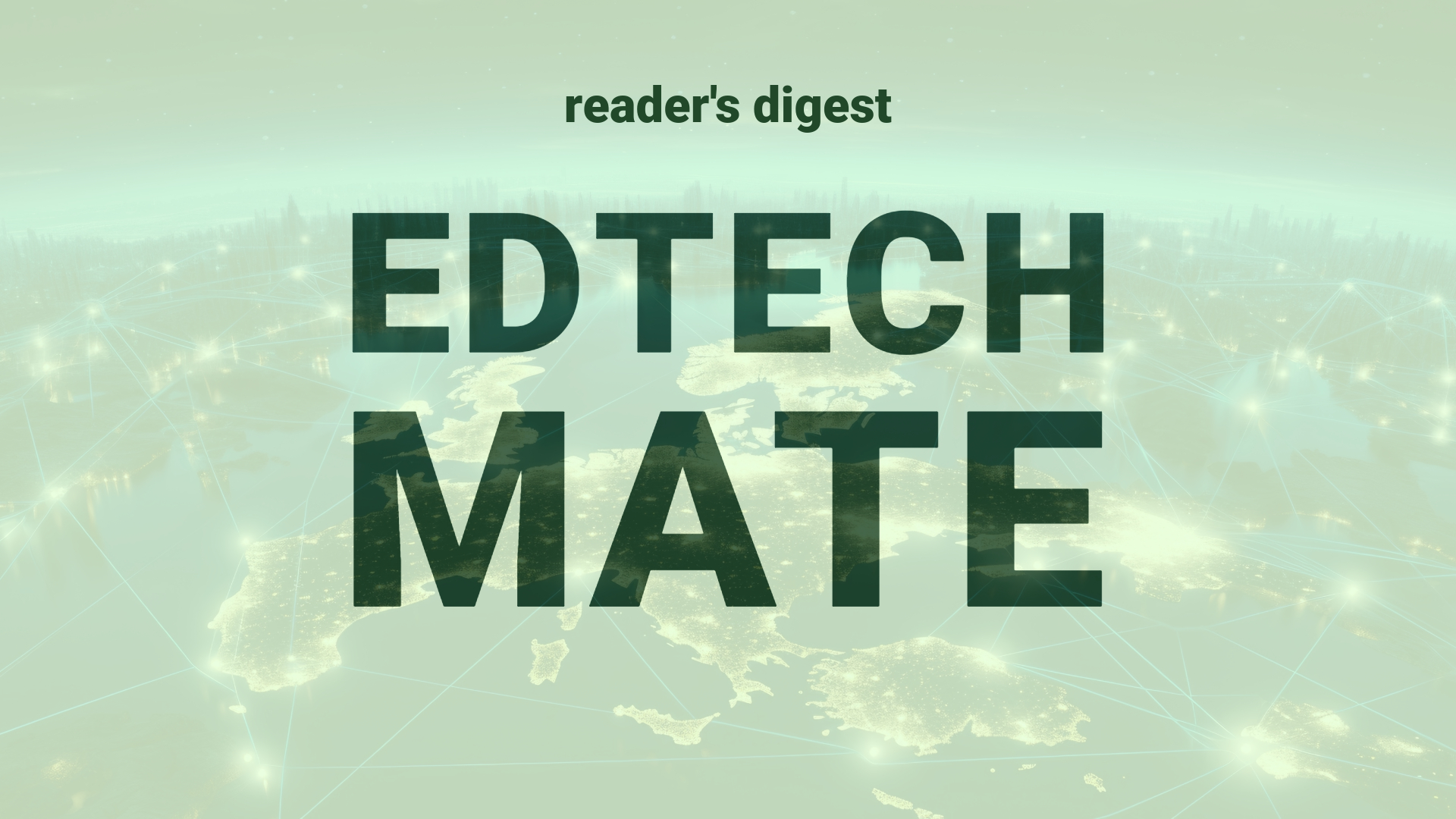Executive Summary and Main Points
The recent legislative developments underscore a strategic shift in international governance concerning Artificial Intelligence (AI). The House Foreign Affairs Committee’s advancement of a bill to strengthen the White House’s ability to regulate the export of AI systems reflects a strategic effort to maintain technological sovereignty, especially against the backdrop of China’s rising competency in commercial AI for military purposes. This initiative is indicative of the escalating great power competition that transcends economic and security dimensions, establishing AI as a pivotal element of national prosperity and defense. U.S. AI export regulations reflect a balancing act between preserving national security interests and maintaining global competitiveness for U.S. firms.
Potential Impact in the Education Sector
These developments have significant implications for the Further Education and Higher Education sectors, as well as for the burgeoning field of Micro-credentials. Strengthened export regulations may influence collaborative academic research, the sharing of AI-enabled educational technologies, and cross-border partnerships. For institutions and edtech companies specializing in AI, there may be tightened limitations on research collaboration and capacity building with international partners. Furthermore, the development of Micro-credentials that rely on sophisticated AI technologies could be affected due to rising operational costs and restricted access to cutting-edge tools and systems, potentially hampering the democratization of such innovations.
Potential Applicability in the Education Sector
The AI regulatory wave offers an opportunity for institutions to integrate robust AI-powered tools and digital mechanisms tailored to specific educational environments. Universities can explore AI applications that enhance personalized learning, automated assessment, and virtual support systems within a regulated framework. In this context, global education systems can foster strategic partnerships, embracing ethical AI applications that are sensitive to cultural values and norms while providing an enriched, personalized learning experience.
Criticism and Potential Shortfalls
A critical analysis suggests that while export controls aim to secure national interests, they may inadvertently cripple innovation and collaboration. Comparative international case studies, such as in the semiconductor industry, show that stringent regulations can stimulate the development of alternative AI ecosystems, potentially diminishing U.S. global tech leadership. Ethical considerations also pose a challenge; measures to restrict AI exports could impede the global advancement of ethical AI standards and erect barriers to culturally nuanced applications of AI in education, thereby affecting global interconnectivity and the sharing of best practices.
Actionable Recommendations
In light of these regulatory trends, international education leadership should:
1. Advocate for clear and balanced AI export regulations that protect national interests without stifling innovation.
2. Develop international partnerships to share knowledge and best practices for implementing AI in the education sector.
3. Create cost-effective AI-driven educational tools that adhere to regulatory standards without compromising on quality and accessibility.
4. Invest in technology transfer and localization initiatives that build regional AI proficiency within a compliant framework.
5. Champion ethical AI use in education by establishing an internationally recognized set of principles that reflect diverse cultural and educational values
Source article: https://www.cio.com/article/2121455/us-lawmakers-advance-bill-to-close-loopholes-in-ai-export-controls.html

